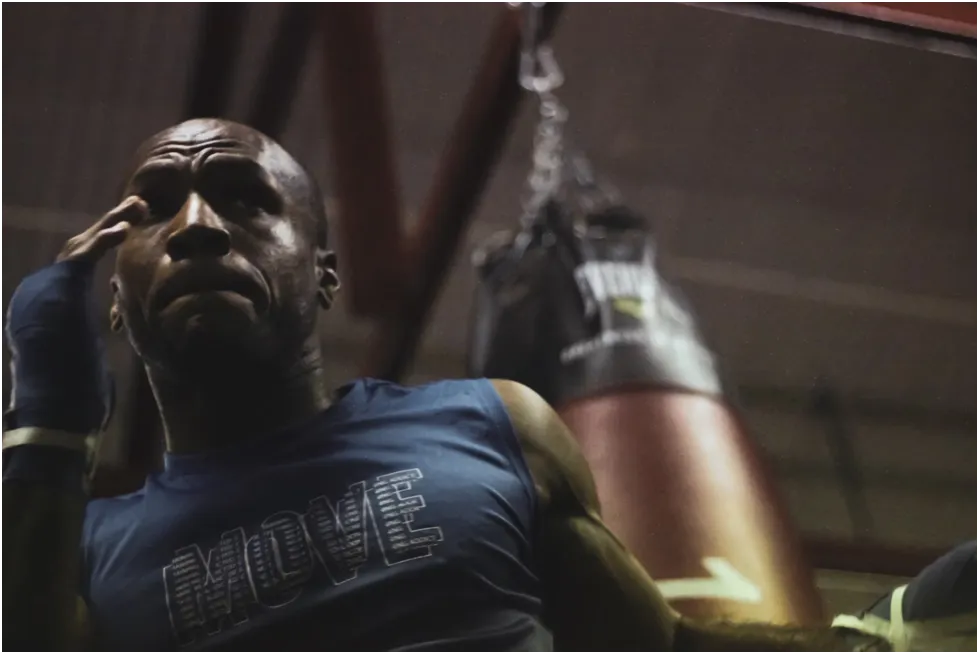How Sports Change Thinking and Habits
Does running laps in the early morning or playing basketball after classes change our thinking? Why do we notice that athletes are more focused, calm, and motivated even when not playing? Sports go beyond sweat and trophies, serving as intense mental preparation. With each repetition, sprint, and team meeting, something fundamental transforms. Change, along with the exact methods in which we can achieve it, will be discussed below.
Training the Mind Through Movement
When the body moves, the brain wakes up. Harvard research has shown that regular physical activity improves memory and speeds up cognitive processes by 30%. Great athletes such as Serena Williams and Novak Djokovic use visualization as a mental workout to maintain focus and make decisions under pressure. Even children involved in sports sections demonstrate better results in tasks involving thinking and attention. Sport is a strength, a sharp mind, and resistance to stress. It is a workout not only for the body but also for the mind.
Therefore, it is unsurprising that active people strive for digital solutions that match their rhythm and mental tone. One such tool is the MelBet app download, which allows you to place bets and train your intuition, reaction, and strategic thinking. The application works quickly, clearly, and without distractions—like a well-oiled sports mechanism. Every second and every decision is important, making the process exciting and lively.
Discipline That Follows You Everywhere
Discipline isn’t something that stays on the court or track. It seeps into how athletes study, work, and live. Sports demand consistency, and that need creates habits that stretch far beyond practices. Here’s how it shows up:
- Time Management: Balancing school or work with training means prioritizing every hour. NCAA athletes average 34 hours of practice weekly while maintaining academic success.
- Goal-Setting: Every season is built on targets, whether shaving seconds off a sprint or landing a new move. SMART goals become second nature.
- Accountability: Missing practice? Not showing up with focus? It doesn’t fly. Teammates and coaches expect reliability.
- Mental Endurance: Training through exhaustion or failure builds a deep-rooted tolerance for discomfort. That grit sticks.
Over time, this discipline becomes a way of life, not something that is turned on and off. How it manifests itself in street games, tournaments, and even everyday motivation can be seen through the prism of MelBet Instagram Somalia, where sports, discipline, and culture merge into one. It reminds us that sports news is not just information; it is a way of thinking!
Confidence Built on Small Wins
Each time a person achieves a personal best or serves a clean serve, something shifts within them. This stackable confidence is earned over time; it never appears spontaneously. Sports instill the idea that progress is granular, and every small success is a step in the right direction. Take swimmer Katie Ledecky, who kept practice journals before shattering world records. Those incremental milestones garnered rock-solid momentum.
And it is not only reserved for professional athletes. Young people who engage in sports are 25% more likely to have heightened self-esteem. They are more adventurous, active, and vocal. That stat alone demonstrates how someone’s self-perception can change. An elementary school child learning to dribble a basketball, or an adult achieving a proper pull-up, with each successive victory, the internal dialogue that reinforces “I can do this” transforms belief. And when that faith exists, it tends to multiply.
Routines That Reshape Daily Life
Sports don’t just take time — they create structure. Morning runs, practice schedules, hydration routines… they carve out patterns that influence how every hour unfolds. Here’s what that transformation looks like:
| Sport Routine | Daily Impact | Long-Term Habit |
| Pre-game warmups | Better morning energy | Improved mobility and posture |
| Scheduled meals | Stable blood sugar and mood | Balanced nutrition choices |
| Post-practice stretching | Reduced injuries | Consistent recovery habits |
| Weekly goal reviews | Clear mental focus | Long-term planning skills |
| Sleep tracking | Increased alertness | Healthier sleep cycles |
From simple rituals to full lifestyle shifts, these routines don’t just fill calendars — they redefine what “normal” looks like.
Focus That Stretches Beyond the Game
In sports, an advantage is considered focus. In soccer, a split-second lapse can cost a goal. A wandering mind during a tennis match? Game over. That intensity is trained, which becomes second nature. Athletes, compared to non-athletes, are more focused on sustained attention tasks. This phenomenon is well-documented in the Journal of Sport & Exercise Psychology, noting that their attention score is 20% higher.
That focus also helps in other fields. It’s been proven that student-athletes have up to a 10% increase in GPA, not because they perform better mentally, but because of years of mental training, which helps them when it matters. Olympic gymnast Simone Biles called her routines “meditation in motion.” With such incredible focus, athletes excel in the classroom, boardroom, and any challenging situation, including meetings.
Learning Through Every Loss
Winning is never permanent. In sports, losing is feedback more than it is failure. Every single missed shot or dropped ball requires thinking: What went wrong? What can be improved? That loop strengthens a mindset dedicated to growth. Michael Jordan was infamously cut from his high school basketball team, but he used that rejection as fuel. He famously said, “I’ve failed over and over… and that is why I succeed.”
Data additionally backs this. Competing athletes are 30% more resilient in bouncing back from setbacks than non-athletes. Why? Because losses are familiar—they’re not scary, but rather useful. Understanding this maxim allows for accelerated growth.
Athletes also learn how to manage emotions. Crying after a game is socially acceptable, but once the emotions are processed, it’s game time. There will always be a next shot, a next game, and soon, life mirrors the game: it’s not about perfection; it’s about how powerfully one can bounce back.
Teamwork That Shifts Perspective
Playing with others isn’t just about passing the ball. It’s about learning how to truly connect. Shared goals and shared pressure change how people relate to one another. Team sports become emotional classrooms. Here’s what they teach:
- Empathy: Reading a teammate’s frustration without words becomes instinct. It builds emotional intelligence.
- Trust: Depending on someone else in clutch moments? It’s raw, and it’s real.
- Leadership: Taking charge or lifting others when morale dips builds character fast.
- Conflict Resolution: Disagreements happen. Resolving them without ego becomes a survival skill.
These lessons don’t stay on the field. They shift how people communicate, how they listen, how they lead.
Growth That Starts From Within
The most noticeable difference? It’s unnoticeable. There is simply an internal spark where self-respect, a sense of purpose, and endurance did not exist prior. With or without medals, the athlete and the casual runner both experience a change at their core. Their thinking changes. Their routines change. Confidence transforms. And that evolution? It never truly stalls. When someone understands that they can go beyond boundaries, they will have that for life. That’s the actual achievement, which is initiated by movement.






